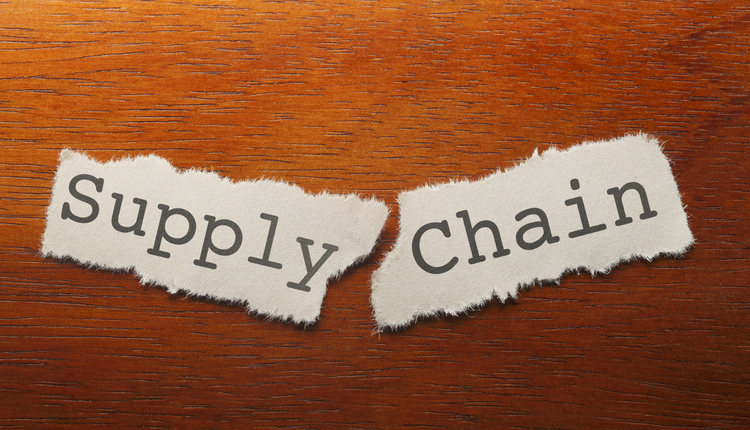This year is going down as one of the busiest for logistics Mergers & Acquisitions (M&A) and much of it is thanks to low interest rates, compelling US economic conditions and for some acquirers, stockpiling of cash on ledgers. According to PriceWaterhouseCooper's recent quarterly report, "Transportation and Logistics Industry Mergers & Acquisitions," M&A activity among logistics companies has already surpassed last year's total in US dollars, with deals valued at $14.5 billion in the first half of this year, compared with $12 billion in all of 2014. The same was true for trucking, with deals valued at $24.5 billion through June 30 compared with $23.8 billion in 2014.
As a result, the world of logistics providers is in a state of flux with this increase and is driving huge changes in the marketplace. A recent example is that of UPS, the longtime parcel market leader, which made a bold move into the 3PL/Truckload management business with the acquisition of Coyote Logistics.
Amongst the M&A activity so far this year:
• FedEx announced plans to acquire TNT Logistics in March and is pending approval from the European Commission. If successful, this acquisition will propel FedEx into a leading position within European road freight market.
• XPO Logistics acquired French provider- Norbert Dentressangle in April. This acquisition introduced Europe to XPO Logistics and not only expanded its contract logistics solutions into this new geography but also positions XPO Logistics as a major global freight forwarder.
• Kuehne + Nagel acquired Retrans in June. Through this freight broker acquisition, Swiss-based Kuehne + Nagel has expanded its US domestic solutions.
• UPS acquired Coyote Logistics in July. A surprise to some but this acquisition actually was a smart move by UPS. Not only has UPS entered into the truckload market it is also assured adequate capacity at a lower cost particularly during the busy holiday season.
• Geodis acquired OHL in August. French-based Geodis has long been interested in the US market and now thanks to the OHL acquisition it will expand its contract logistics solutions into the US and Canadian markets.
As the market consolidates, we ask the question: is less competition best?
Less competition certainly has been beneficial to the large small parcel providers. Consolidation of this market has resulted in what has been described as a "duopoly" with FedEx and UPS holding much of the market share. FedEx's entrance into the domestic ground market was thanks to a transformational acquisition in the 1990s — RPS. Ultimately this acquisition was rebranded into what is today called FedEx Ground, one of the largest and financially successful ground delivery services.
Meanwhile, Roadrunner Transportation Systems has made 24 acquisitions over the past 10 years and its president and CEO, Mark DiBlasi stated, "The whole goal is to expand the company, to cross-utilize equipment and personnel. We started out as a long-haul less-than-truckload carrier, but today, it's rare to find a customer that only needs LTL or truckload or customs brokerage. We want to provide all those services."
Indeed, the 2014 Third-Party Logistics Study by Cap Gemini found that 56% of shippers surveyed indicated they were planning to reduce or consolidate the number of 3PLs they use. For shippers, reducing time spent juggling several 3PLs and for 3PLs the ability to provide additional services such as cross-border, additional distribution centers and/or new transportation options. These are benefits, but at what cost?
Mergers & Acquisition activity often results in hidden costs. For example, communications is vital for 3PLs going through integration processes. Companies involved must be mindful to not forget their carrier partners and suppliers and, most importantly, their customers. In addition, proper service levels will need to be maintained across all products lines and also priced accordingly to market demand.
A costly mistake was DHL's failed attempt to enter the US domestic ground market via the 2003 acquisition of Airborne. DHL learned that the US domestic market was decidedly different from its European-based market and as a result pulled out, costing the company an estimated $9.6 billion.
Meanwhile, shippers need to determine the effects of an acquisition on their business. Key performance indicators (KPIs) can provide useful information when monitoring service levels which can potentially fluctuate in times of change. Also use this time to review the existing contract to see what can be negotiated and finally, it never hurts to weigh options.
The logistics and transportation landscape is changing at a rapid clip. Should shippers be concerned? Maybe, maybe not; it depends on the each shipper's unique needs and requirements. One thing is for certain though; shippers will need to do their homework to determine what's right for them. Sometimes bigger is not necessarily better.


















